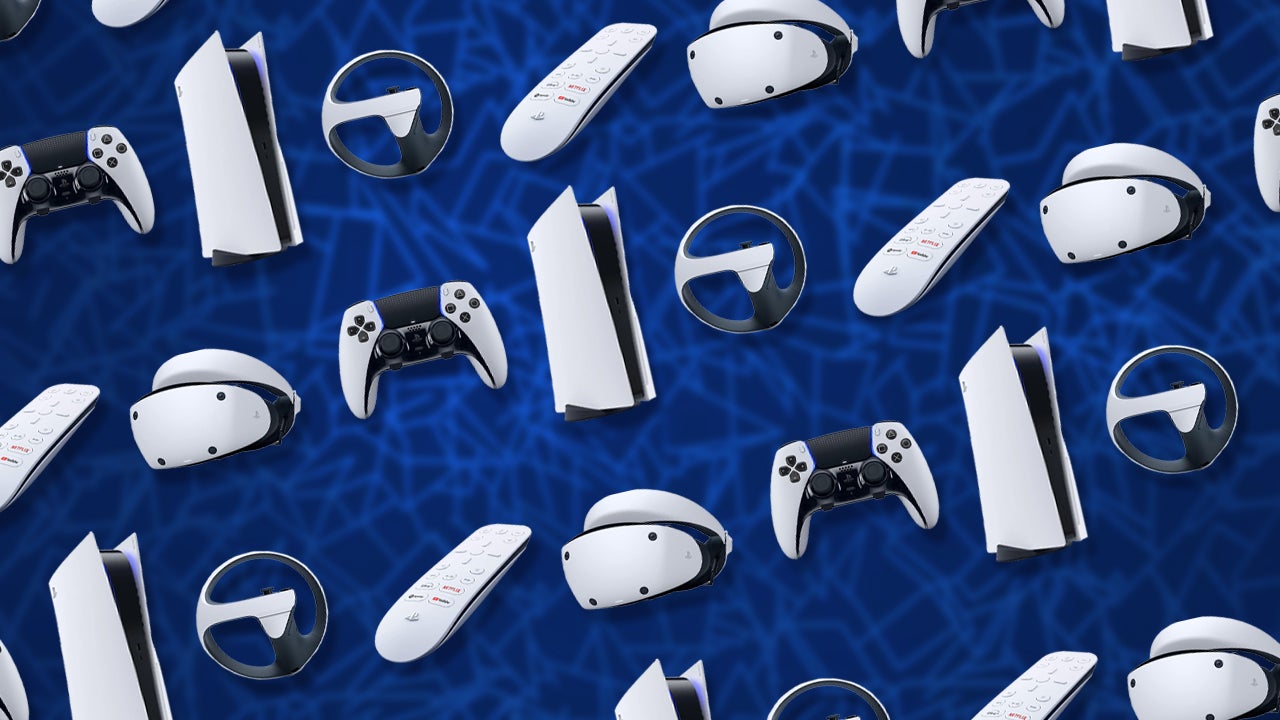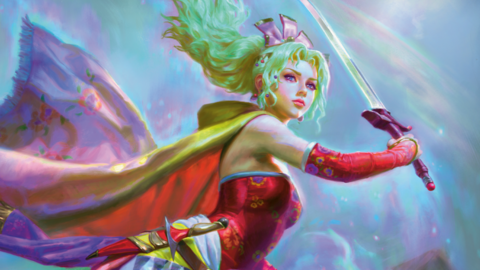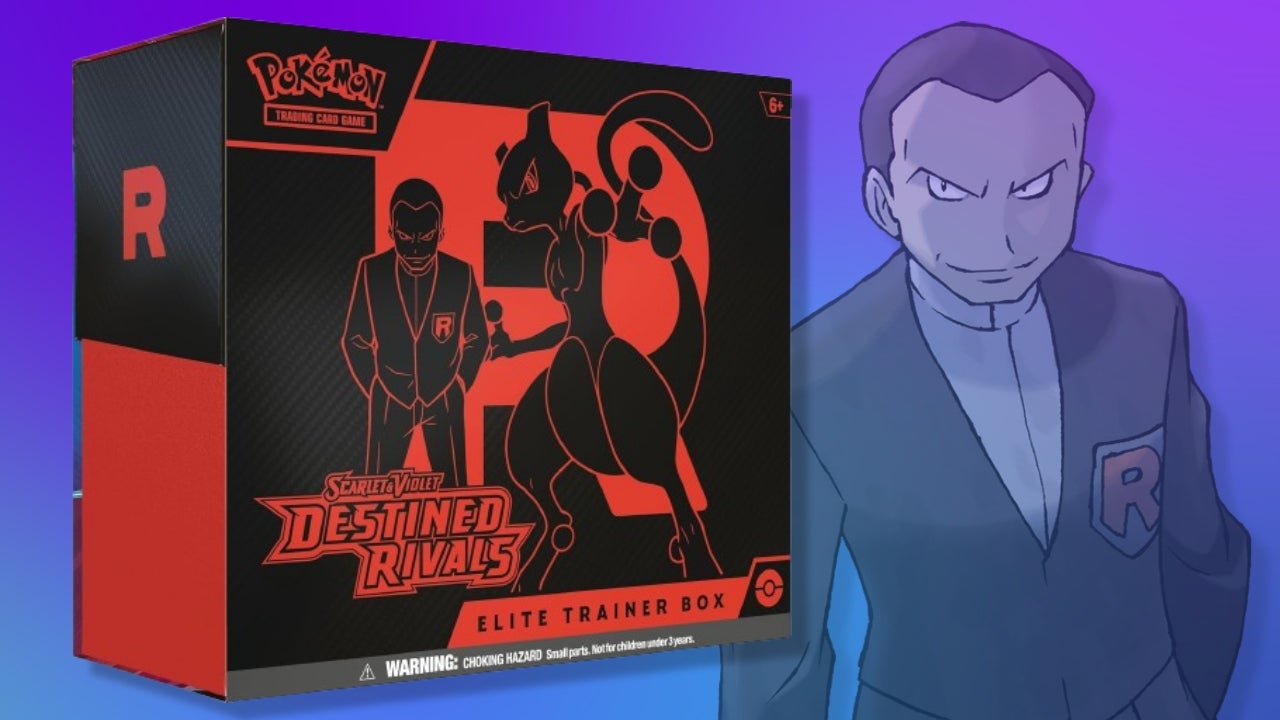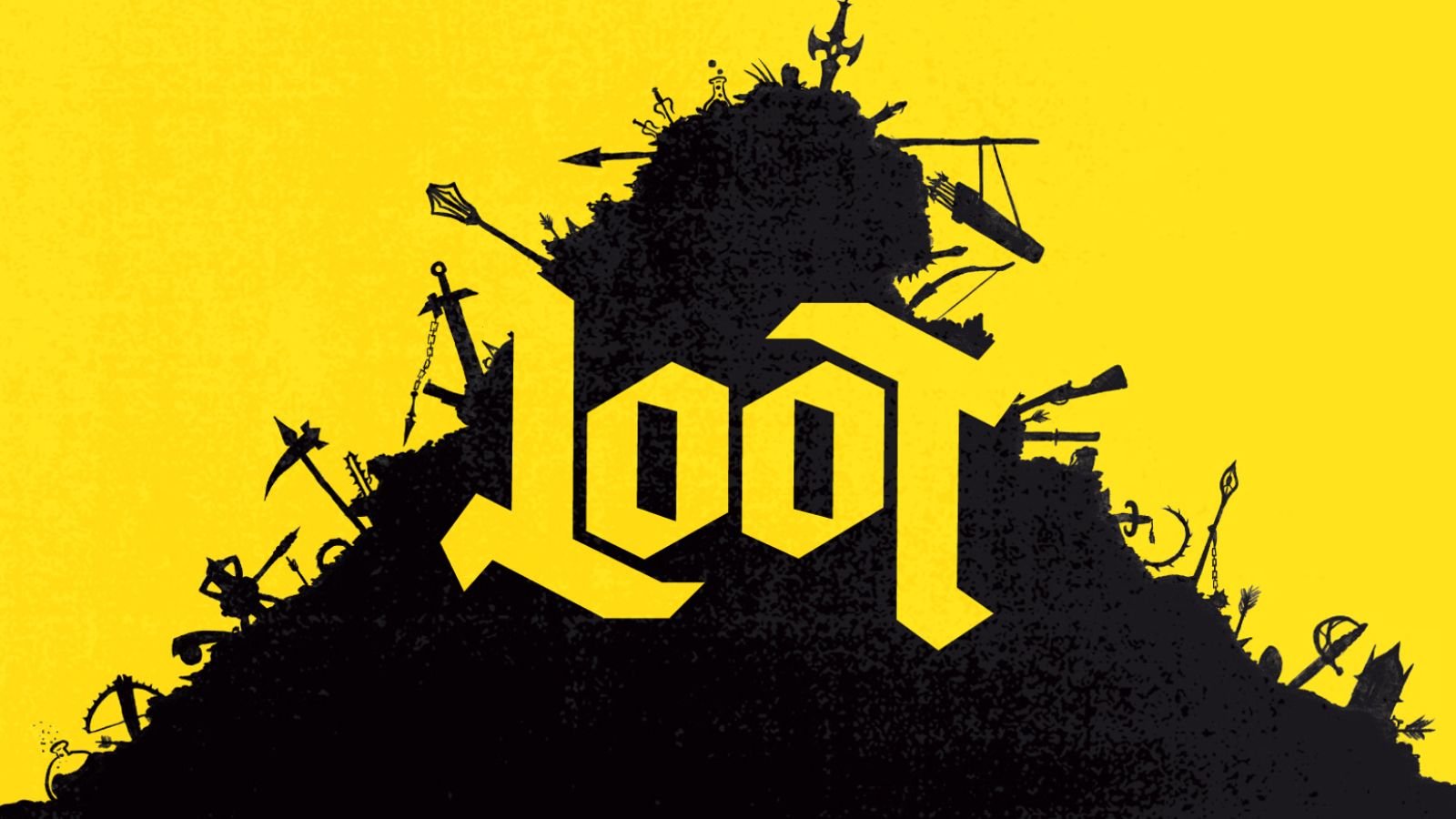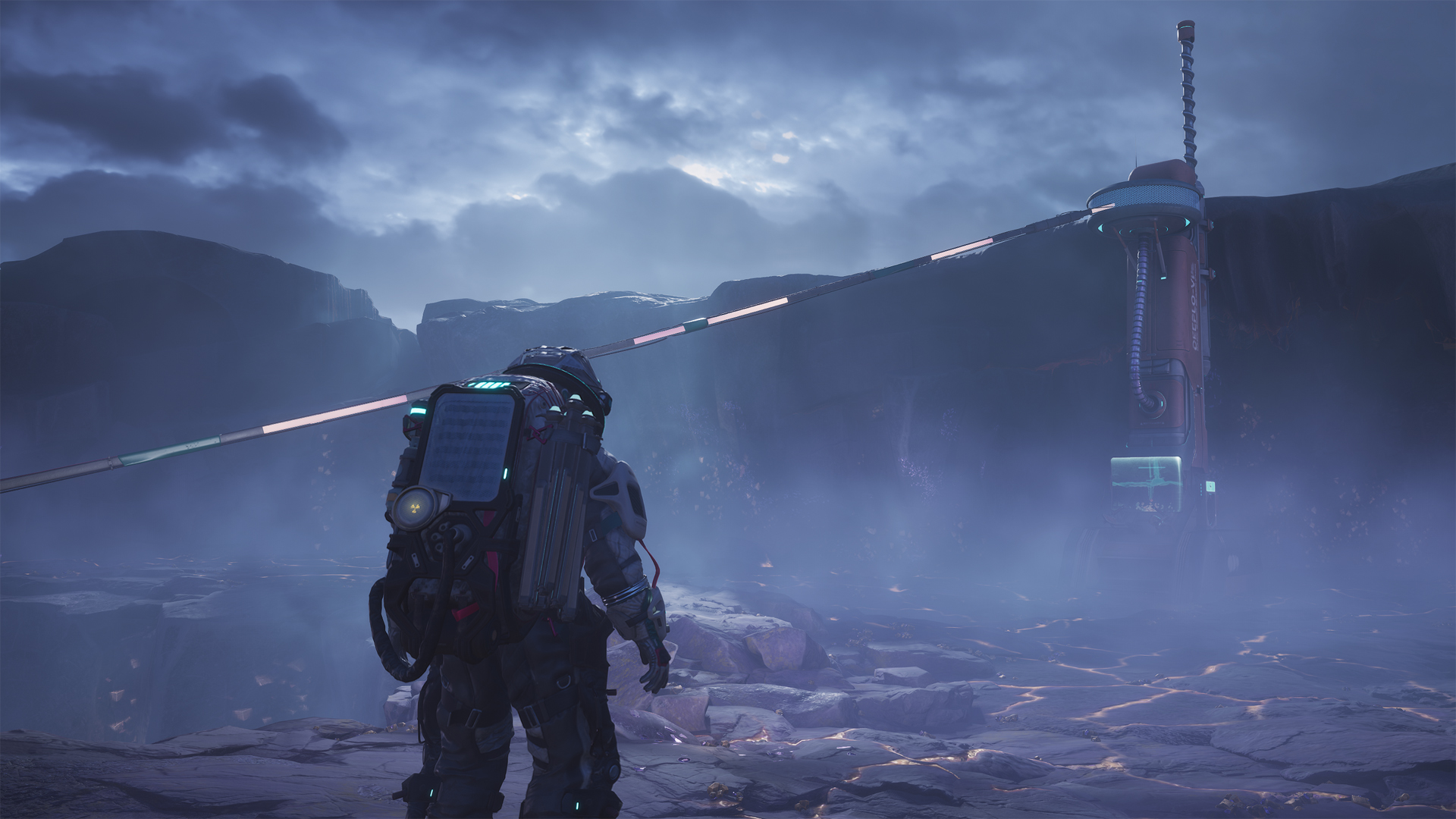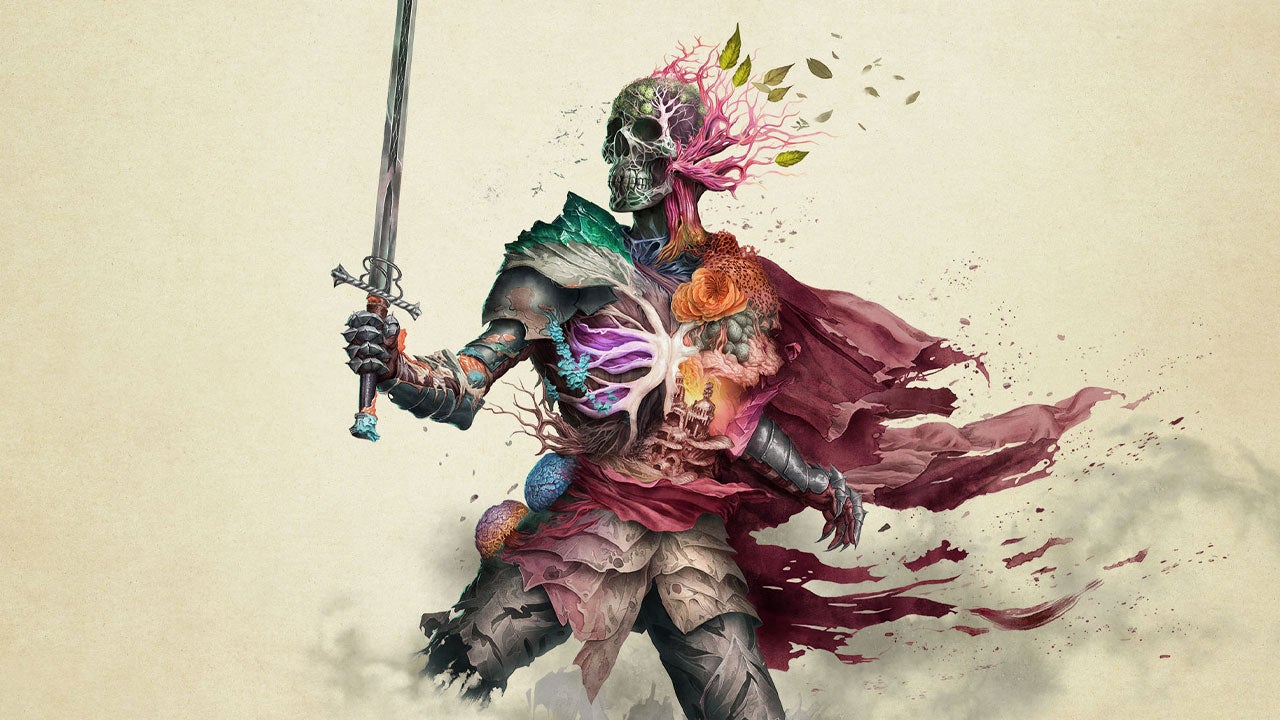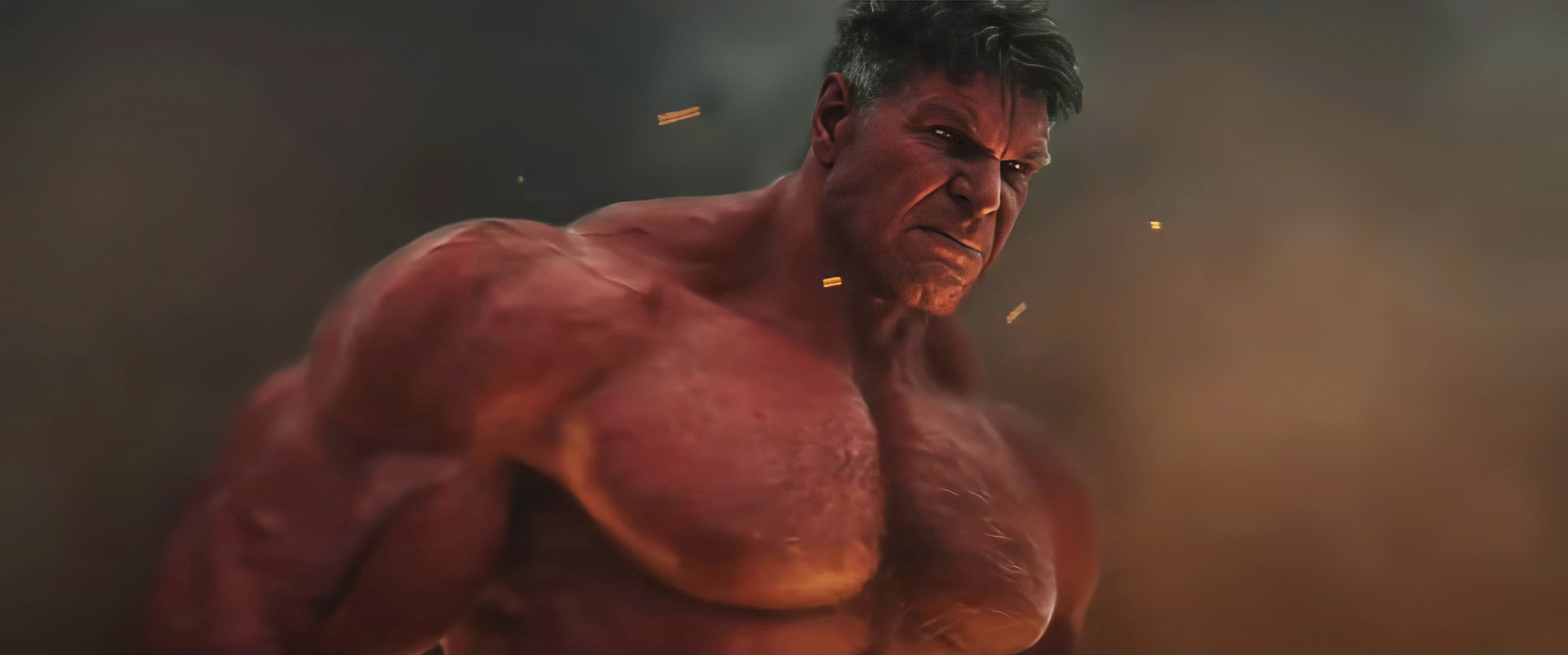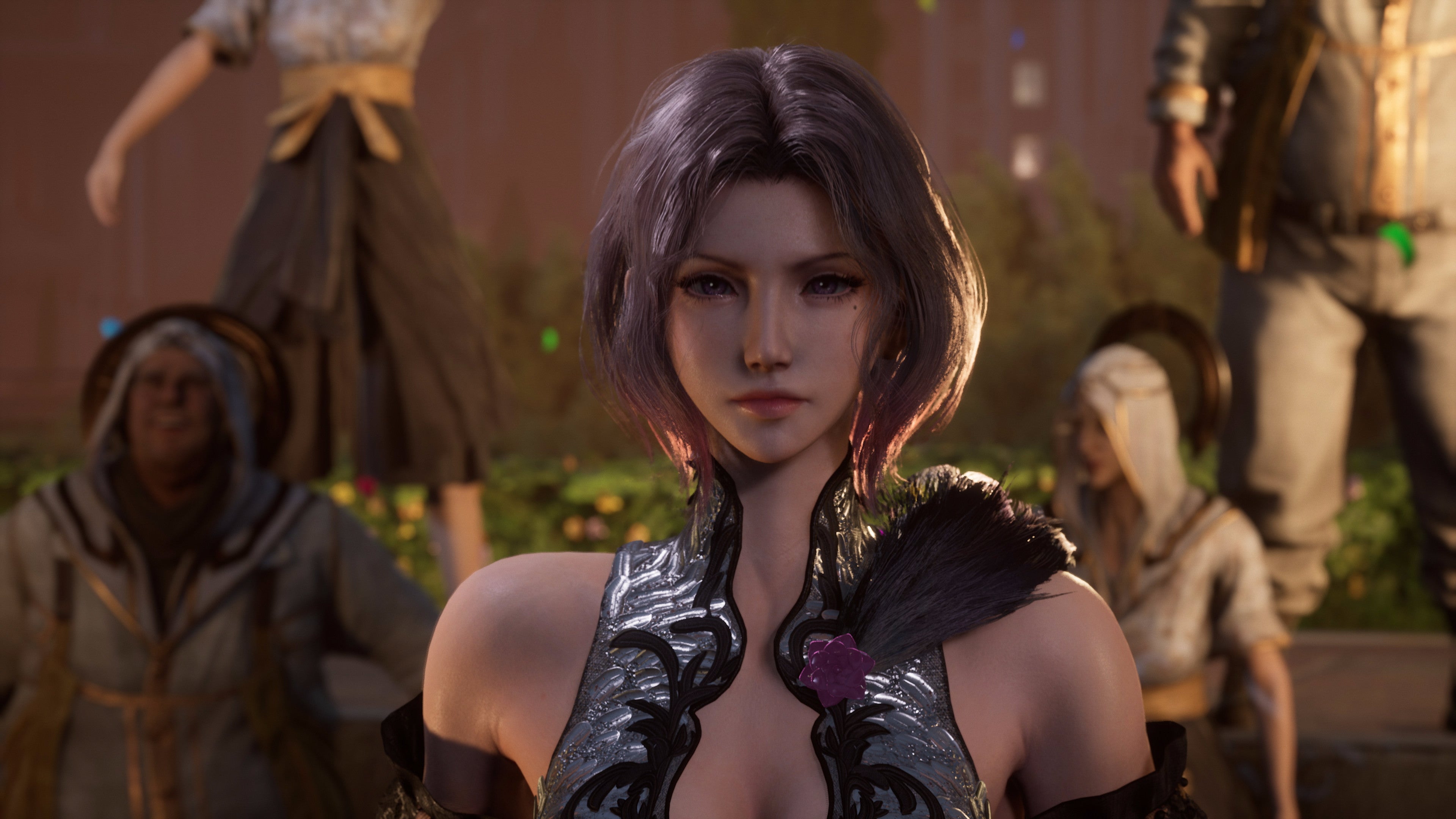
The on-again, off-again threat of tariffs is already having a noticeable impact on the video game industry. Some companies have started pulling products from U.S. shelves or raising prices to offset rising costs. But Sony and Microsoft—two of the biggest names in consumer electronics—appear to be taking very different approaches.
Sony's Response to Tariffs

Shortly after the Trump Administration's "reciprocal tariffs" went into effect on April 5, Sony announced a price increase on PS5 consoles in Europe, the UK, Australia, and New Zealand, due to "a challenging economic environment, including high inflation and fluctuating exchange rates." This is the second PS5 price increase in three years, although the U.S. has managed to dodge the price hikes each time.
Still, that may change soon. According to a recent interview with Sony CFO Lin Tao, he stated that the company is closely watching “the market trend” and may ultimately “pass on the price and also shipment allocation” to consumers. Tao also revealed that Sony has stockpiled a three-month supply of PS5 units in the U.S. to soften the blow of any short-term tariff impacts.
With the possibility of tariffs impacting Sony's overall business by as much as $685 million, it seems likely that the U.S. will eventually rise. After all, the U.S. represents roughly 40% of PlayStation's global market, and Sony can't weather that storm forever.
The PlayStation Days of Play Sale Has Lowered Prices
In a surprise move, though, Sony has temporarily gone in the opposite direction. As part of its annual PlayStation Days of Play sale, it's discounted just about everything from consoles and controllers to popular games, and more, including the lowest price ever on the PSVR2.
With economic uncertainty leading many U.S. consumers to cut back on nonessential purchases, Sony’s aggressive discounts may be one last push before prices climb. The Days of Play sale ends June 11, and with 145% tariffs on Chinese goods set to resume August 12, it could be the last major sale we see for a while with only Prime Day left on the calendar before that date.
Microsoft's Response to Tariffs

Microsoft's approach to the Trump Administration's tariffs couldn't be more different than Sony's. In early May, Microsoft raised prices across its entire Xbox hardware lineup in an effort to get ahead of the tariffs. Despite being a U.S.-based company, Xbox consoles and accessories are primarily manufactured in China, so the price increases are designed to protect its already slim margins on consoles.
The problem, though, is that Microsoft has massively underperformed this generation when compared to PlayStation, with the PS5 selling twice as many units as the Xbox Series X. In fact, it's sold fewer combined Xbox Series X|S consoles than the Xbox One in the same timeframe. The decision to raise prices now is a baffling decision. While Sony is slashing prices across its lineup—including its first-ever discount on the new PS5 Pro—Microsoft is raising them.
If you haven't purchased an Xbox console this generation, it's going to be a much harder sale now. An Xbox Series S, Microsoft's less-powerful entry-level console, now starts at $380. That's a hard bargain when you can get the more-powerful PS5 bundled with Call of Duty: Black Ops 6 for only $20 more.
For those looking for the best experience possible, the flagship Xbox Series X had its base price increased by $100, and now costs $600 for the same console released in 2020. Meanwhile, Sony released the mid-gen refresh PS5 Pro less than a year ago, offering modest improvements over the base PS5 and Xbox Series X consoles. Now, PS5 Pro's $700 price tag (which doesn't include a disc drive or stand, by the way), looks like a bargain in comparison, despite being ridiculed online when it was first announced. Even worse, if you want the higher-capacity 2TB Xbox Series X, it's now more expensive than a PS5 Pro.
If that wasn't already a hard pill to swallow, Microsoft also confirmed that all Xbox first-party game prices will rise to $79.99 this holiday season. Nintendo has already begun to explore higher pricing, with the Switch 2 exclusive Mario Kart World launching at $80, a move that sparked outrage from fans. While PlayStation and many others are yet to follow suit, analysts expect others to follow Microsoft's lead if the current economic situation doesn't change.
Matthew Adler has written for IGN since 2019 covering all things gaming, tech, tabletop games, and more. You can follow him on the site formerly known as Twitter @MatthewAdler and watch him stream on Twitch.
